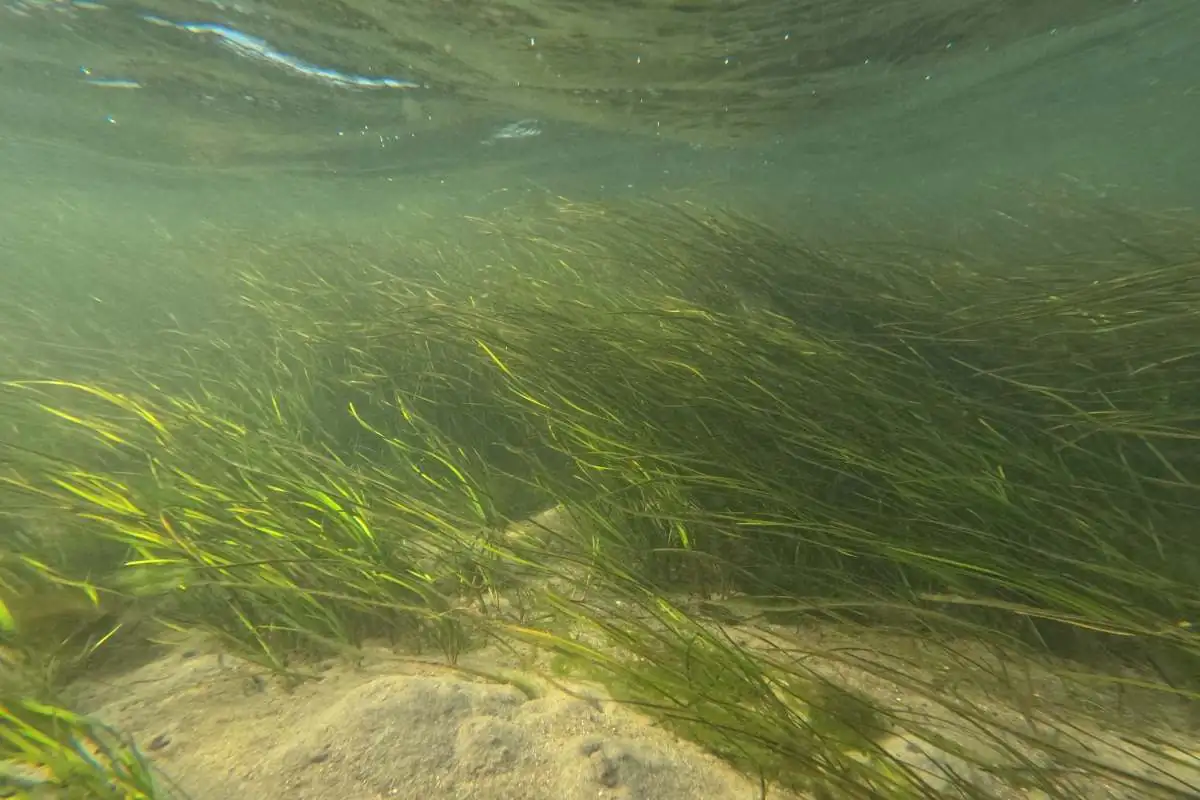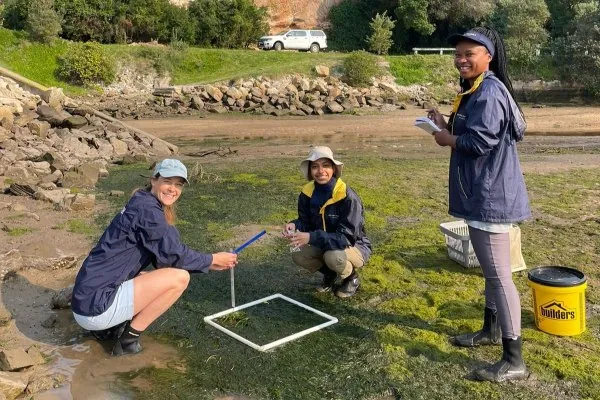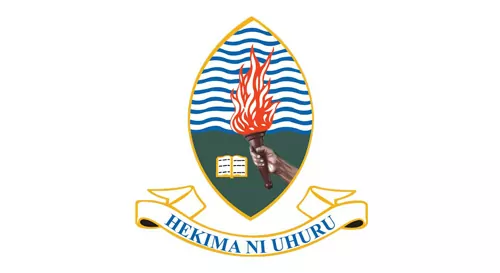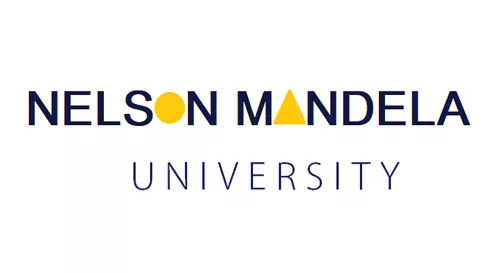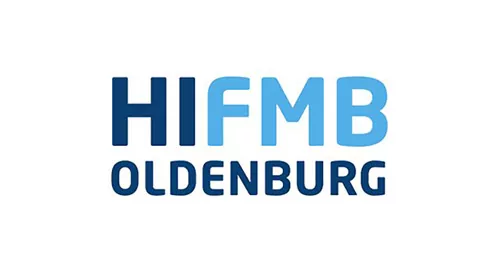Coastal habitats such as seagrass meadows, coral and sponge reefs, and mussel banks provide numerous livelihood benefits for local populations. Their ability to act as filters that improve coastal water quality is often underappreciated but represents an important ecosystem service that affects “blue” economic developments. In this context, SOMWAT especially looks at the socio-ecological role of seagrass meadows. Seagrasses are well known for their ability to decrease anthropogenic pollution and improve water quality, thereby indirectly facilitating resilience in connected coastal habitats such as sponge gardens or coral and bivalve reefs. Based on data gathered through field surveys and experiments, the SOMWAT team aims to unravel the mechanisms through which seagrasses enhance water quality and ecosystem health and the benefits local communities derive from seagrasses for food production and tourism. Research activities are conducted in collaboration with stakeholders, NGOs, and local authorities in order to address the needs of local populations.

